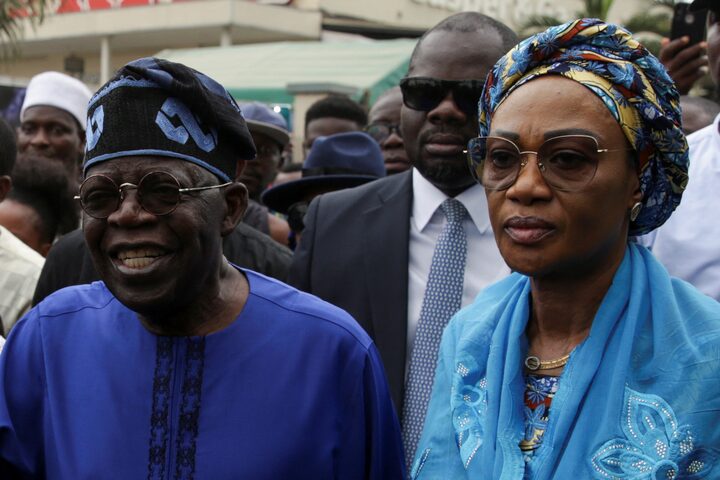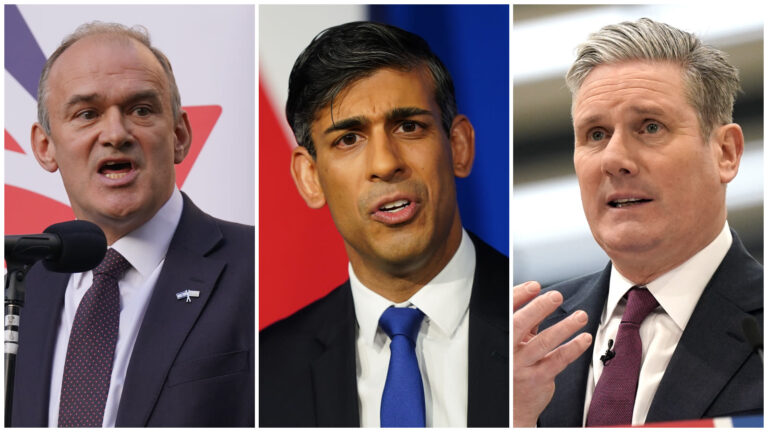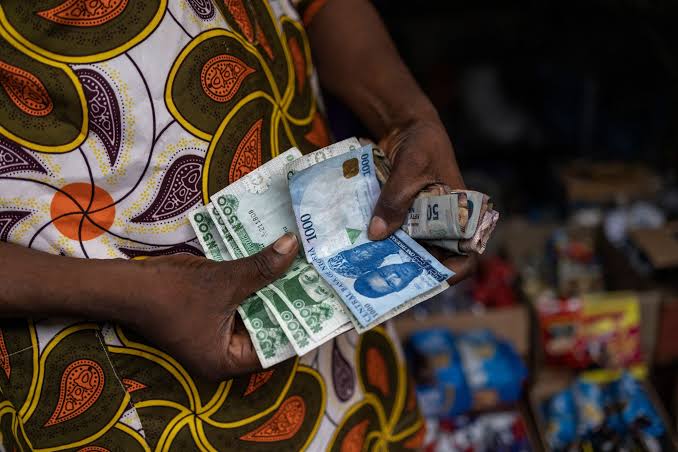
How Tinubu’s Government Can Combat Inflation: Expert Insights

Nigeria faces rising inflation, with the headline rate climbing to 32.70% in September 2024. In response, financial experts are calling on President Bola Tinubu’s administration to adopt a multifaceted approach to curb inflationary pressures. Suggestions range from establishing farm settlements to encouraging foreign investments and adjusting petroleum policies.
The Role of Farm Settlements in Controlling Food Inflation
One of the key drivers of inflation in Nigeria is food prices, and experts believe that focusing on food production is essential. Tunde Adeoye, from the economics department at the University of Lagos, emphasized the potential of farm settlements to address food-induced inflation:
- Increased Food Production: Creating farm settlements in regions with agricultural advantages can boost food supply.
- Infrastructure for Farmers: Providing essential infrastructure for young farmers would improve efficiency and production.
- Food Self-Sufficiency: These settlements could lead to self-sufficiency, moderating the prices of staple foods.
Adeoye also highlighted the importance of resolving the herder-farmer conflict, which disrupts agricultural output, and called for improvements in the business environment to foster local investments.
Macroeconomic Policies to Attract Investments
Addressing inflation requires more than just increasing food supply. According to financial analyst Ayo Teriba, macroeconomic strategies are crucial:
- Attracting Foreign Direct Investment (FDI): Implementing investor-friendly policies could boost Nigeria’s external reserves.
- Stabilizing Foreign Exchange: A stable foreign exchange market is key to lowering inflation, as it directly affects the prices of imported goods.
- Reducing Borrowing Costs: A stronger external reserve base could lead to lower interest rates, making borrowing cheaper for businesses and consumers.
Teriba noted that the current administration inherited $33 billion in external reserves in 2023, a resource that could be leveraged for economic stability.
Petroleum Subsidies and Their Impact on Inflation
Nigeria’s dependence on petroleum products makes fuel prices a significant factor in the inflation rate. Chris Nemedia, former research director at the Central Bank of Nigeria, suggested reconsidering the policy on petroleum subsidies:
- Selective Subsidies: Reintroducing subsidies for refined petroleum could help stabilize prices.
- Economic Impact: Petroleum prices have a widespread influence on transport, goods, and services, making them a pivotal factor in inflation control.
- Global Comparisons: Nemedia pointed out that subsidies are common worldwide, such as in agriculture in the U.S. or healthcare in the U.K.
However, Nemedia also cautioned against fully adhering to advice from Bretton Woods institutions, which may not always align with Nigeria’s economic interests.
Inflation Trends in Nigeria
The latest inflation data reflects persistent price pressures:
- September 2024 Inflation: 32.70%, a slight increase from 32.15% in August 2024.
- Year-on-Year Increase: Inflation rose by 5.98% compared to September 2023, when it was 26.72%.
The upward trend indicates that without targeted measures, the situation may worsen, impacting the purchasing power of Nigerians and the overall economy.
Proposed Solutions to Tame Inflation
Experts propose a variety of solutions to address the complex causes of inflation:
- Establishment of Farm Settlements: Boosting domestic food production to lower food prices.
- Support for Local Refineries: Enhancing local capacity in the petroleum sector to reduce reliance on imports.
- Foreign Investment Incentives: Creating a stable macroeconomic environment to attract long-term investments.
- Petroleum Subsidies: Implementing selective subsidies to stabilize essential commodity prices.
The Challenges Ahead for Tinubu’s Administration
President Tinubu’s administration faces a challenging economic landscape with inflationary pressures affecting all sectors. Balancing economic growth with inflation control will require:
- Innovative Agricultural Policies: Supporting young farmers and addressing land conflicts.
- Robust Investment Strategies: Enhancing foreign exchange stability through well-planned macroeconomic policies.
- Strategic Subsidy Adjustments: Ensuring that subsidy policies align with the broader economic goals of price stability and economic growth.
Conclusion: A Path Forward for Nigeria’s Economy
The call for comprehensive strategies underscores the need for a holistic approach to managing inflation. President Tinubu’s administration has an opportunity to make transformative changes by focusing on agriculture, investment, and energy sectors. With targeted interventions, Nigeria can build a more resilient economy, reduce inflationary pressures, and improve the living standards of its citizens.
The journey toward economic stability will not be easy, but with the right policies, Nigeria can mitigate the impact of inflation and pave the way for sustained growth.
Read also our article about SAW Melaju ke Final ESL Challenger Katowice 2024: Misi Merebut Gelar.





1 thought on “Experts Advise Tinubu to Curb Inflation through Farm Settlements”